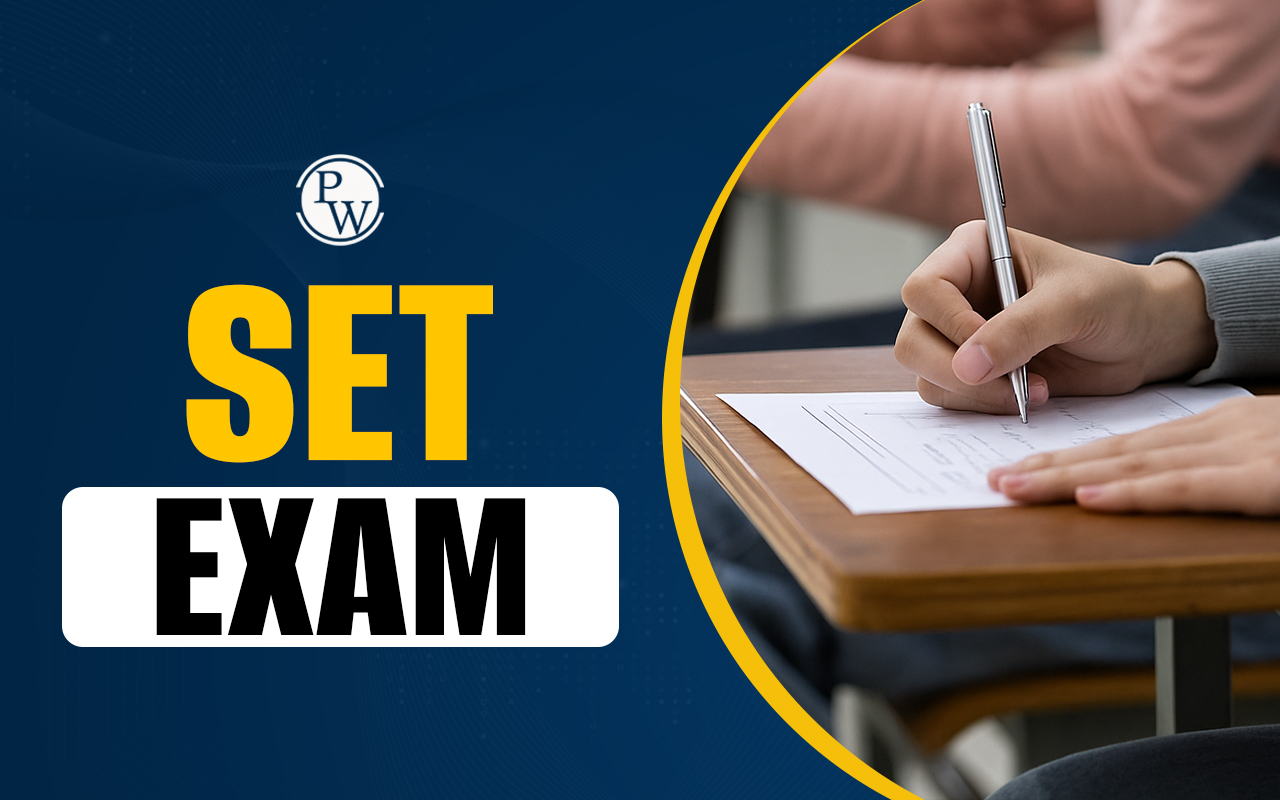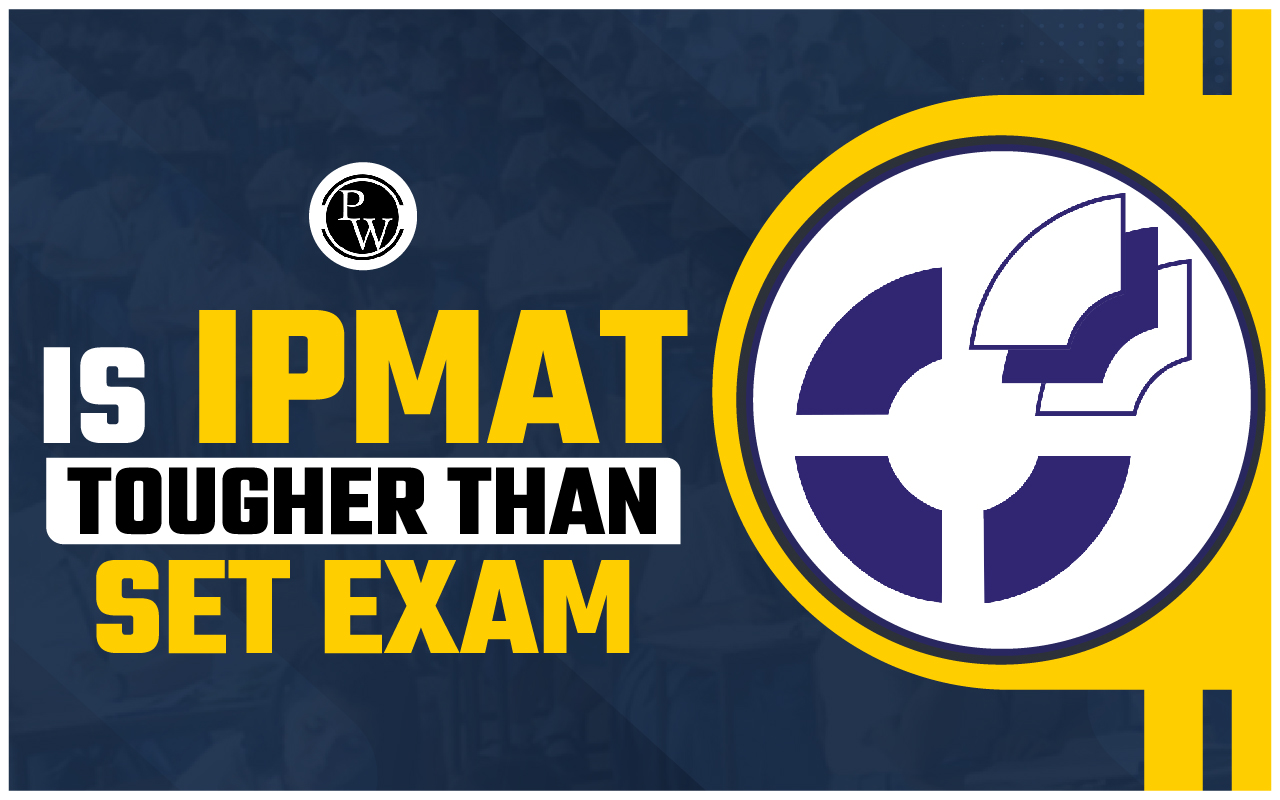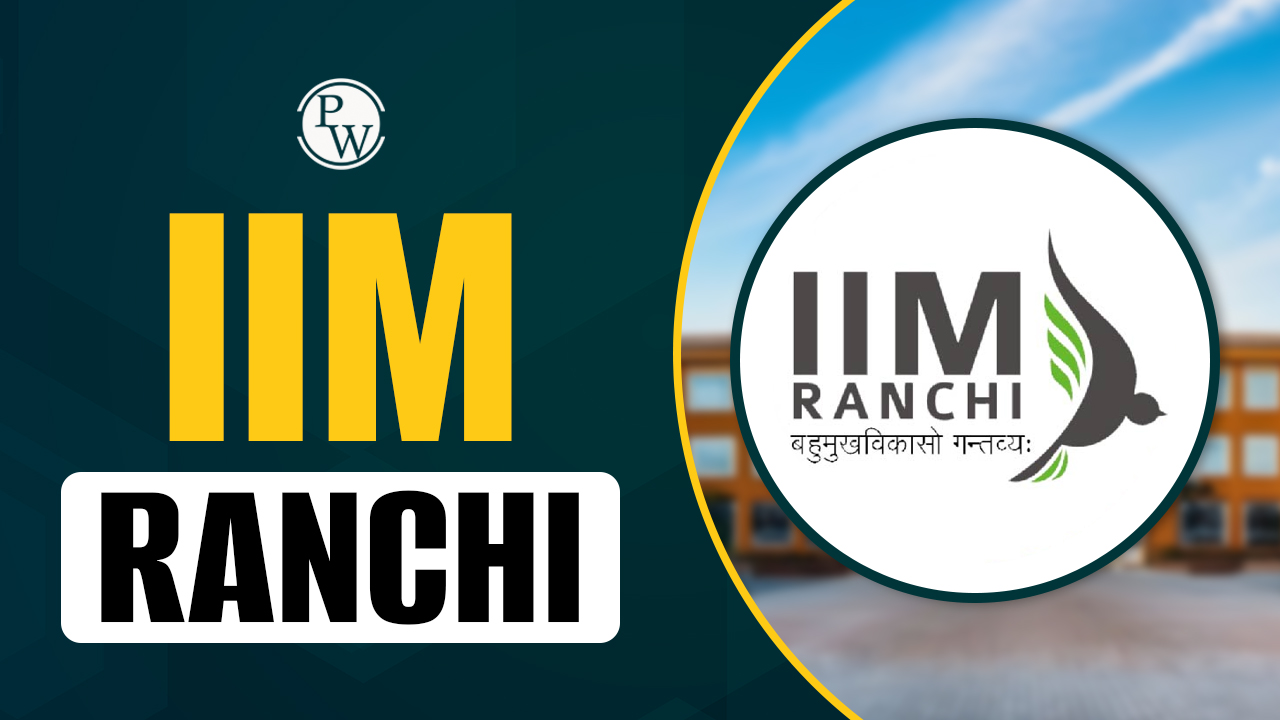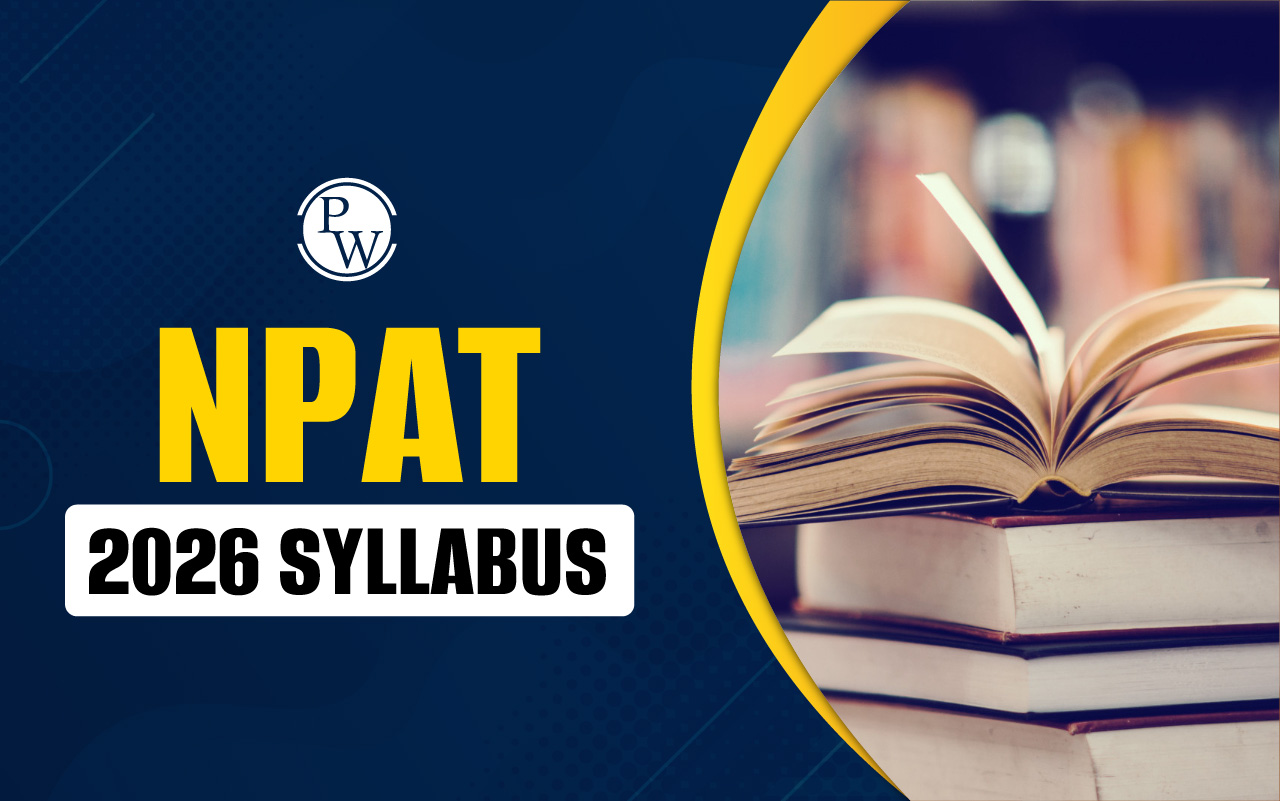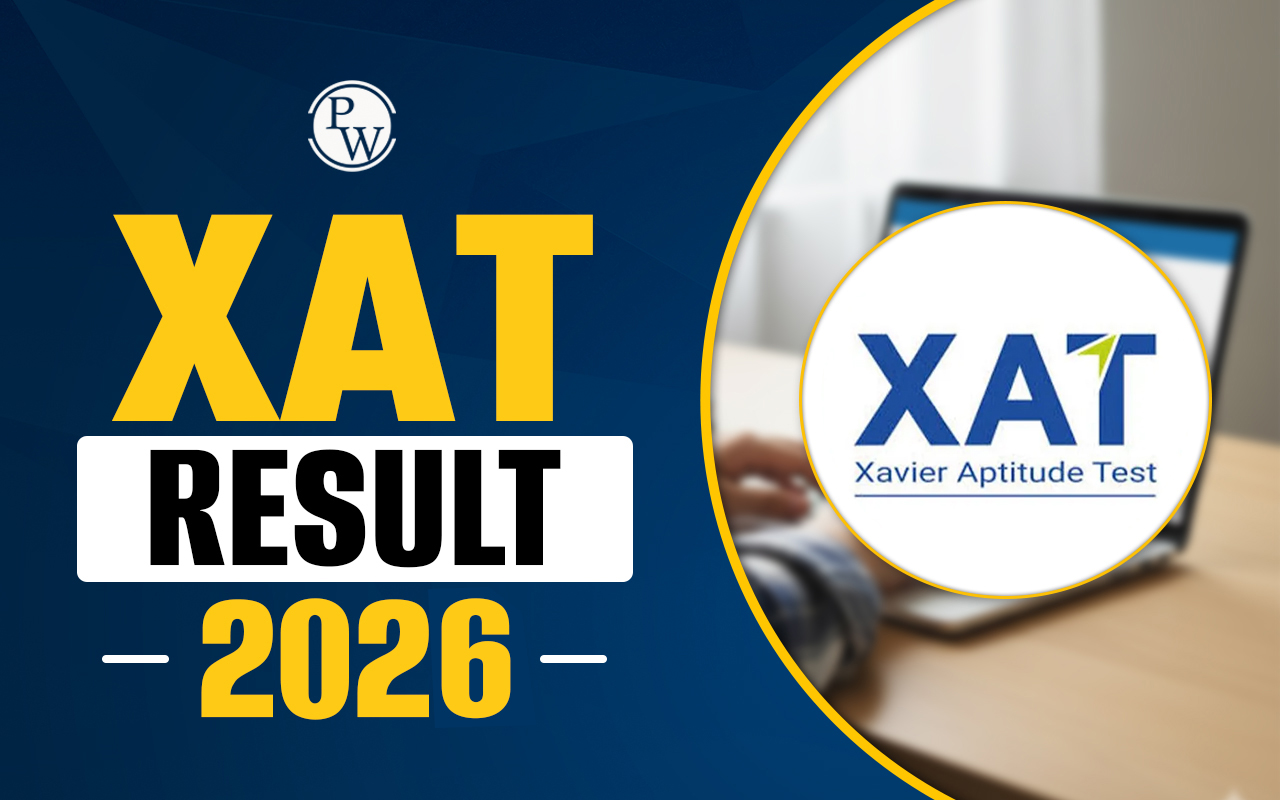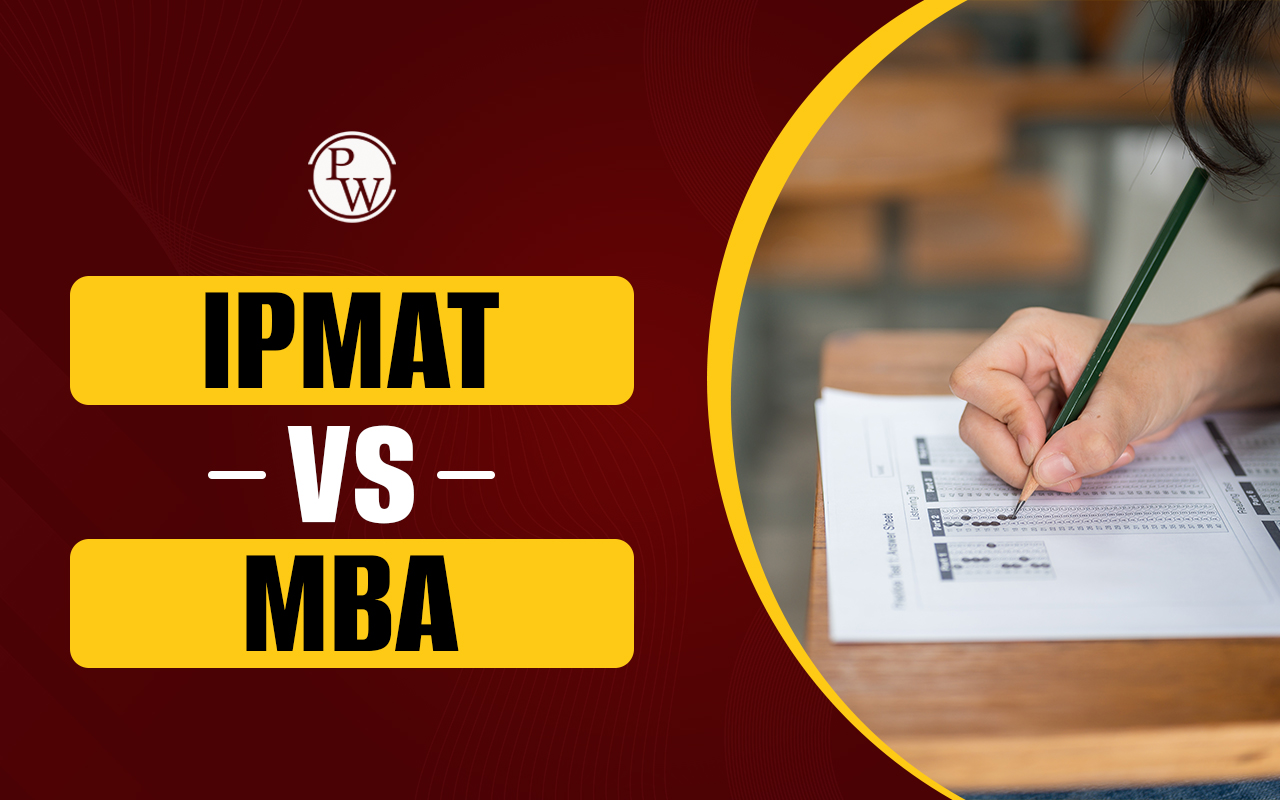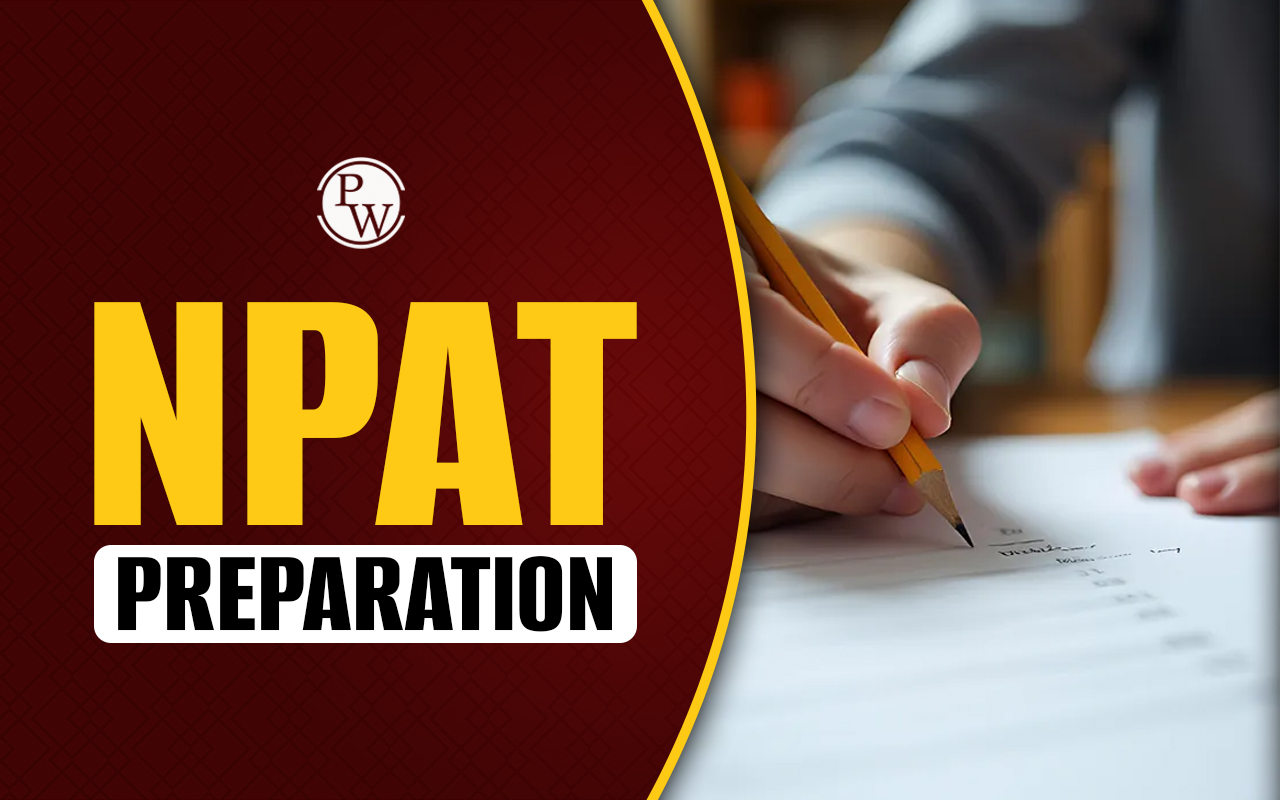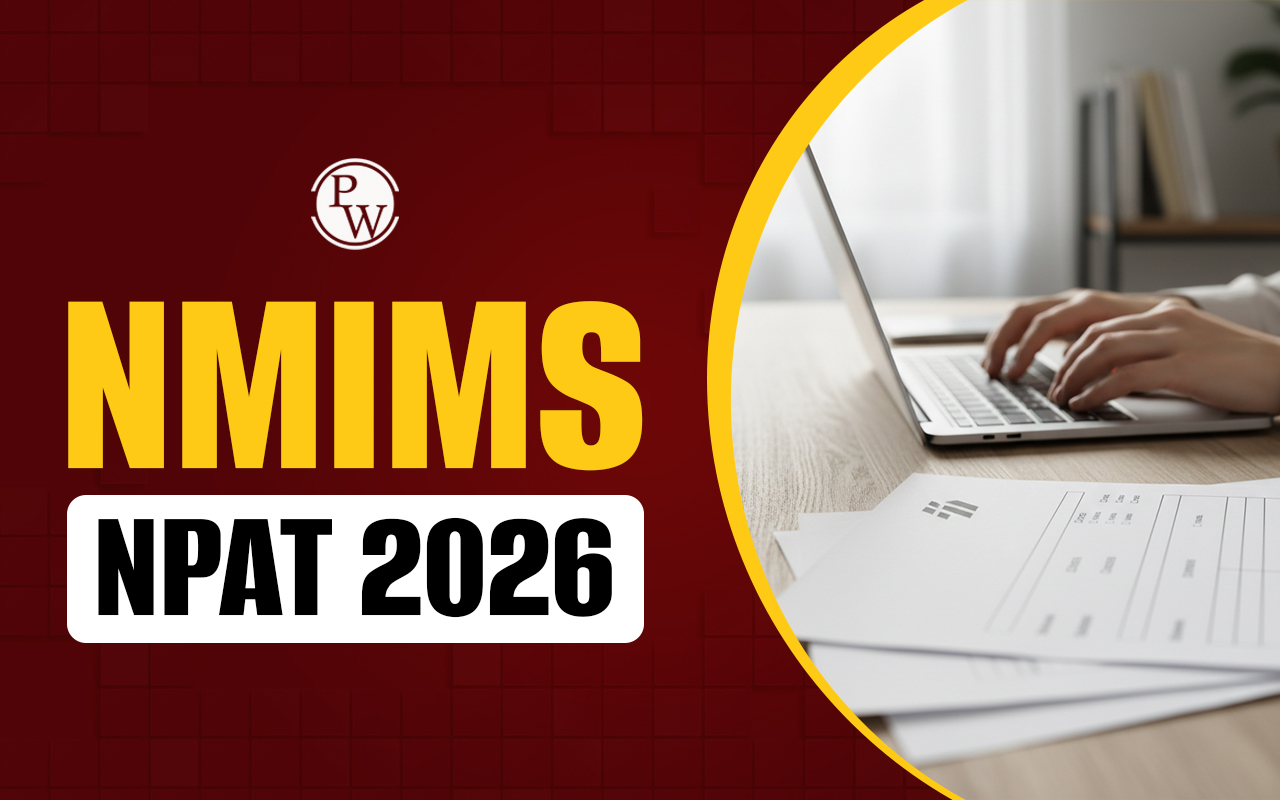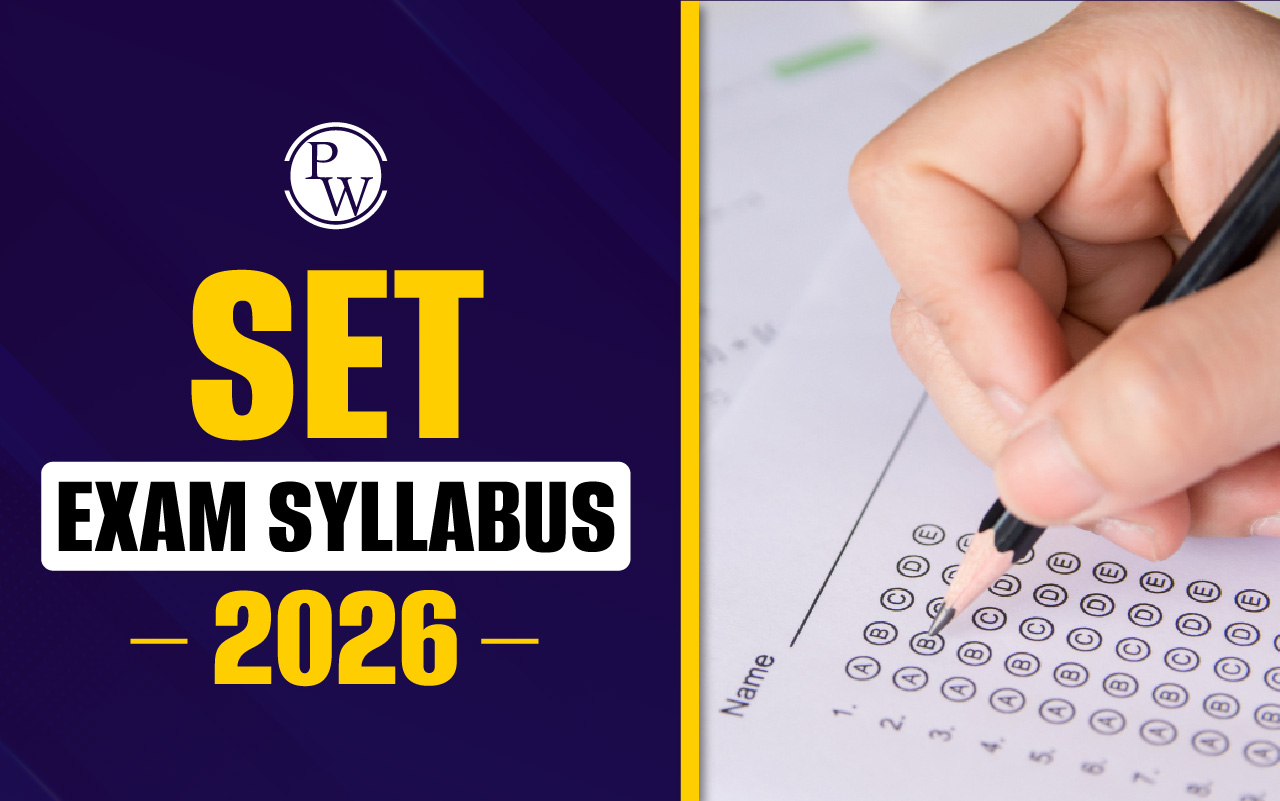
IPMAT Indore 2026: Indian Institute of Management Indore (IIM Indore) will conduct the Integrated Programme in Management Aptitude Test (IPMAT) 2026 on Monday, 04 May 2026 (afternoon session). It is an exam for all those students who desire to be a part of the five-year Integrated Programme in Management (IPM) after Class 12.
IIM Indore uses this exam to shortlist young and smart students with good analytical and verbal reasoning skills. The IPMAT Indore 2026 syllabus will primarily cover Quantitative Ability and Verbal Ability, which will test the student’s knowledge of school-level Mathematics and English grammar, reading, and comprehension.
IPMAT Indore 2026 Overview
Integrated Programme in Management Aptitude Test (IPMAT) Indore 2026 is an entrance exam conducted by IIM Indore. The exam is for those students who have completed Class 12 and wish to take admission to five-year Integrated Programme in Management (IPM) course. This program offers an amalgamation of undergraduate and postgraduate studies of management to the students for a management career without getting into a specific specialization after graduation. The exam is to be held on Monday, 04 May 2026 (Afternoon shift) in computer-based mode.
| IPMAT Indore 2026 Overview | |
| Features | Details |
| IPMAT full form | Integrated Programme in Management Aptitude Test (IPMAT) |
| Conducting Body | IIM Indore |
| Exam Level | National |
| Exam frequency | Annual |
| Mode | Online |
| Syllabus | Quantitative AbilityVerbal Ability |
| Number of sections | 3 |
| IPMAT exam pattern | Multiple-choice questions (MCQs) & Short Answer Type Questions |
| Marking scheme | 4 marks for correct answers-1 mark for an incorrect answer |
| Language | English |
| Duration of the exam | 2 hours |
| Course/s offered | Integrated Management Programme (Bachelor of Arts (BA) in Foundations of Management and a Master of Business Administration (MBA)) |
| IPMAT Indore 2026 Official website | https://www.iimidr.ac.in/ |
IPMAT Important Date 2026
Understanding the exam pattern is the first step before studying the syllabus. The paper is divided into three sections, and each section is given a fixed time.
| IPMAT Important Date 2026 | |
| Events | Dates (tentative) |
| Application process begins | Second week of February 2026 |
| Application process ends | Second week of April 2026 |
| IPMAT 2026 admit card release | First week of May 2026 |
| IPMAT 2026 exam date (OUT) | 04-May-2026 |
|
Announcement of call for Personal Interviews |
First week of June 2026 |
| Admit card release for PI | First week of July 2026 |
| Online Personal Interview | Second week of July 2026 |
| Selection list release | Last week of July 2026 |
IPMAT Indore 2026 Exam Pattern
Before diving into the syllabus, it is important to understand the exam pattern. Each section has a specific number of questions and time limits.
| IPMAT Indore 2026 Exam Pattern | ||
| Section | Total Question | Time Duration |
| Quantitative Ability(MCQ) | 30 | 40 minutes |
| Quantitative Ability(SA) | 15 | 40 minutes |
| Verbal Ability | 45 | 40 minutes |
IPMAT Indore 2026 Eligibility
IPMAT Indore 2026 Eligibility is as per the rules mentioned by the IIM Indore. Students can only take admission to the five-year Integrated Programme in Management (IPM) at IIM Indore if they fulfill the eligibility criteria of IPMAT. Below are the eligibility requirements of IPMAT Indore 2026 for students to take part in the admission test.
-
Qualification: The minimum qualifying percentage required by the IIM Indore is 60% of the aggregate in both the Class 10th board exams and Class 12th board exams or equivalent CGPA for the General and NC-OBC category candidates.
-
Relaxation in the Eligibility: For the candidates of SC, ST, PwD (DA) category, the minimum aggregate of 55% in both Class 10th and Class 12th board exams or equivalent CGPA is compulsory.
-
Year of Passing: The candidate must have passed class 12th in the year 2024 or 2025 or must be in the same class appearing in the year 2026.
-
Provisional Eligibility: The aspirants who are in their final year of class 12th and are awaiting their results can apply for the exam provisionally and have to fulfill the minimum required marks after their results are declared.
Candidates have to make sure that they fulfill the eligibility criteria of IPMAT Indore 2026 before filling up the IPMAT Indore 2026 registration form.
IPMAT Registration 2026
The IPMAT Indore 2026 registration process is completely online and involves several key steps:
-
Go to the official website of IIM Indore (iimidr.ac.in) and Click on the link for IPMAT 2026 registration.
-
Fill in your basic details such as Full Name, Date of Birth, Mobile Number, Email ID, etc. to register as a new candidate. It will create a User ID and password for you.
-
Check your Email and SMS for the User ID and password sent to you and confirm the same.
-
Login using the User ID and password and complete the application form giving all the required details such as Personal details, Academic details, Communication details, etc.
-
Upload the scanned copy of the required documents such as Passport-size photograph, Signature, Class 10 and 12 mark sheets, Valid photo ID (Aadhar, Voter ID, PAN, Passport, etc.)
-
Choose your Test center.
-
Pay the application fee online through Debit/Credit card/net banking/UPI/mobile banking, etc.
-
Preview the application and Submit it and download the acknowledgement for future reference.
How to Fill the IIM Indore IPMAT Application Form 2026?
Follow these steps to complete the IPMAT 2026 registration
-
Visit the official website: iimidr.ac.in
-
Click on the IPMAT 2026 registration link
-
Generate a User ID and password
-
The credentials will also be sent via email and SMS
-
Login using the generated credentials
-
Fill in the required personal, educational, and contact details accurately
-
Double-check all information as it cannot be changed later
-
Upload the scanned photograph, signature, and required certificates
-
Pay the registration fee using a Credit/Debit card or Net Banking
Candidates from reserved categories must submit valid attested certificates supporting their claim
IPMAT Indore 2026 Syllabus
IPMAT Indore 2026 Syllabus is made of two major subjects and these are further divided into sections. The two subjects are Quantitative Aptitude and Verbal Ability & Reading Comprehension. Quantitative Aptitude is divided into 2 sections, namely Short Answer questions and Multiple Choice Question( MCQ) section. The subjects of Quantitative Aptitude primarily include arithmetic, algebra, number system, geometry, mensuration, trigonometry, coordinate geometry, set theory, probability, permutations and combinations, matrices & determinants, logarithms, progressions and inequalities. The Verbal Ability & Reading Comprehension section primarily consists of vocabulary, grammar, sentence correction, reading comprehension, para-jumbles, critical reasoning, cloze tests, idioms & phrases, error detection, verbal analogy and more.
Quantitative Aptitude (QA)
-
ARITHMETIC: Linear equations, Percentages, Profit & Loss, Discount, Partnership, Simple & Compound Interest, Ratio & Proportion, Average, Mixture & Alligation, Work & Time, Pipes & Cisterns, Chain Rule, Speed, Distance & Time, Boats & Streams, Races
-
NUMBER SYSTEM: Classification, Divisibility Tests, HCF & LCM, Factors, Multiples, Digit Concepts, Factorials, Remainders
-
GEOMETRY & MENSURATION: Lines & Angles, Triangles, Circles, Quadrilaterals, Area & Perimeter, Coordinate Geometry, Trigonometry, Height & Distance
-
ALGEBRA & HIGHER MATH: Algebraic Identities, Indices & Surds, Quadratic Equations, Inequalities, Logarithms, Arithmetic/Geometric/ Harmonic Progressions, Sets, Relations & Functions, Binomial Theorem, Matrices & Determinants.
-
PERMUTATION & PROBABILITY: Permutations, Combinations, Probability.
-
SET THEORY & VENN DIAGRAMS: Basic Set Theory, Venn Diagrams.
Verbal Ability and Reading Comprehension (VARC)
-
VOCABULARY: Root Words, Synonyms & Antonyms, Vocabulary Clusters, Contextual Vocabulary, Fill in the Blanks, Cloze Test, Confusable Words, Idioms & Phrases, Phrasal Verbs, Verbal Analogy.
-
GRAMMAR: Nouns, Articles, Pronouns, Verbs & Tenses, Adjectives, Adverbs, Modifiers & Parallelism, Prepositions, Conjunctions, Interjections, Punctuation, Voice & Narration, Sentence Correction, Error Identification.
-
READING COMPREHENSION: Theme, Tone, Main Idea, Style of the Passage.
-
CRITICAL REASONING: Inference-Based, Factual, Application-Based Questions.
-
VERBAL ABILITY: Para-Jumbles, Odd One Out, Paragraph Completion, Para Summary, Idea Rephrase.
